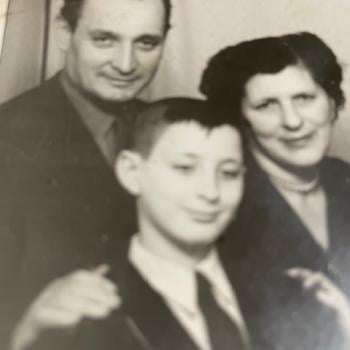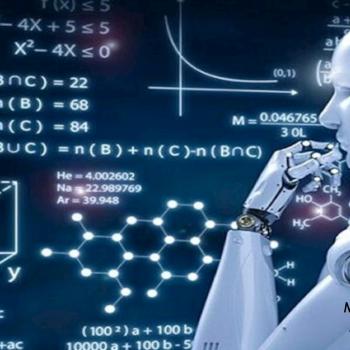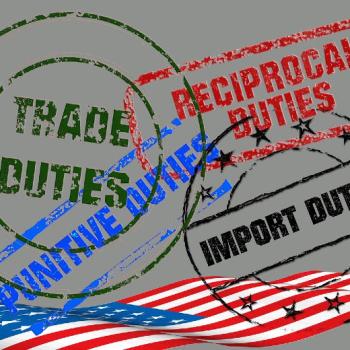It is tempting, in this environment, to force Pope Francis into a "liberal" or "conservative" straitjacket. This is what happened with his predecessor, Pope Benedict, one of the finest living theologians, whose brilliant, eloquently expressed insights into the human condition, the nature of faith, the need for wonder and mystery in worship, and the importance of community and tradition were all reduced to a stereotype of benighted, hide-bound conservatism by the media and, too often, Catholic commentators as well. (Many of his American supporters bought into this stereotype just as enthusiastically as his opponents did, but embraced it as a good thing.) Pope Francis has made himself very difficult to pigeonhole in this way. But increasingly, he is suffering the same fate as dissenters against the N.I.C.E. in That Hideous Strength. His statements are represented as a "Left racket" in conservative periodicals and a "Right racket" in the New York Times.
In truth, Pope Francis and the Church he represents offer Americans an alternative to both "Left" and "Right": a vision of the human person made in God's image, called to a disciplined life of love and humility in community with others, supported by the rich resources of a 2000-year-old tradition. The Church does not say, "we oppose abortion, and that's a conservative position, so let's say something compassionate about immigrants too in order to be balanced." The Church upholds the dignity of immigrants and casts doubt on the need for the death penalty and speaks out against war and advocates for public policies that benefit the poor out of exactly the same coherent vision of the human person that governs the "controversial" teachings on abortion and human sexuality. For those willing to listen, the message Pope Francis brings to America has the potential to break the chains of political polarization and bring about, if not agreement, a better understanding of the moral concerns that drive both "Right" and "Left."
None of this is to say that Americans don't have a valued part to play in the dialogue. American culture, like all other cultures, has specific strengths and insights. Orthodoxy is not a static tradition to be preserved unchanged but a dynamic conversation extending over centuries. American voices have important parts in that conversation. American values of individual dignity and freedom have already played a huge role in bringing about Vatican II's recognition of religious liberty and helping the Church free itself from the "throne and altar" alliances of medieval and early modern Europe. But so often those who call for change in the Catholic Church seem locked into a particular, culturally limited vision of what reform looks like. Pope Francis offers to expand our vision. Let's allow him to do that.




